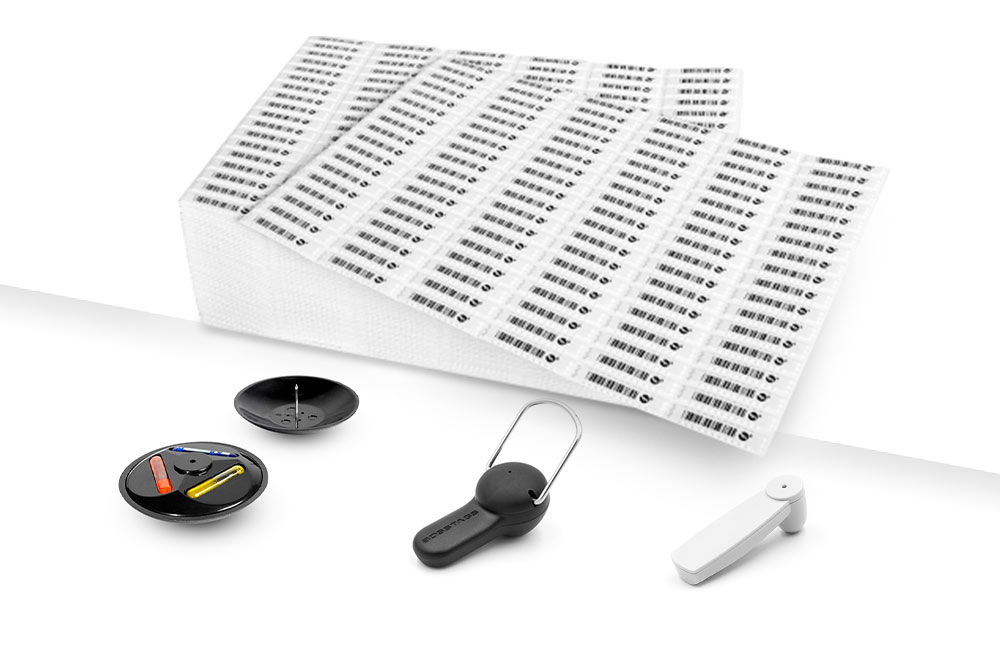
How different retail verticals use security tags and labels
Depending on which retail vertical you work in, your security needs will differ, with some verticals relying solely on security labels as their EAS strategy of choice, while others employ security tags.
Selecting the right option comes down to a whole host of factors, including the type of product, the volume of stock sold, its value and its potential for theft.
So, let’s stroll through the aisles of each retail vertical and look at how they use security tags and labels.
Grocery stores
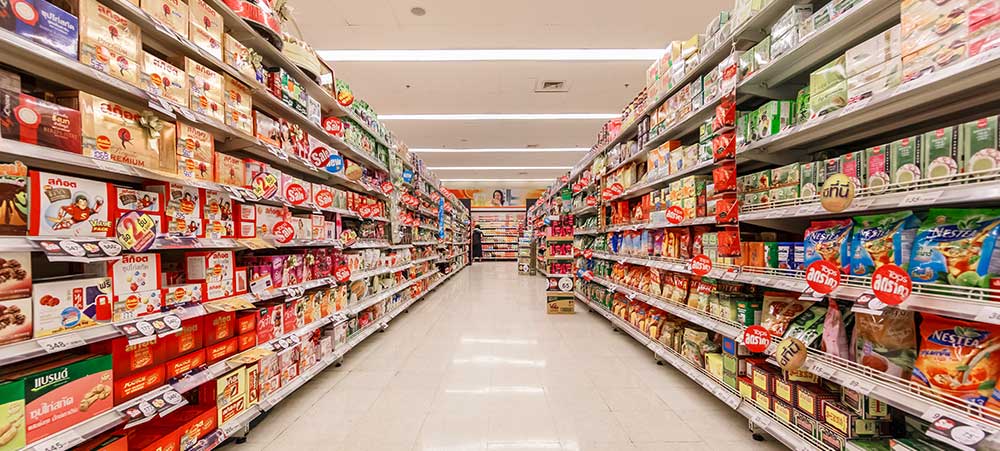
When it comes to protecting grocery items against theft, retailers predominantly use security labels, but they may vary in type.
That’s because different labels are available for different types of products. For example, meat products require a specific label that can be housed within the packaging and is suited to a consumable product.
Meanwhile standard RF labels, which are flat and easy to apply, are then used for other non-perishable products which might be prone to theft.
That said, a grocery retailer may turn their attention to different strategies to protect highly sought-after products such as baby formula, razors, and liquor.
Tins of baby formula are often protected using a purpose-designed hard tag that fits around the tin, razors can be protected using stop locks, and liquor would be protected using a label unless it was a high-value product, which may then have a bottle top security tag fitted.
Department stores
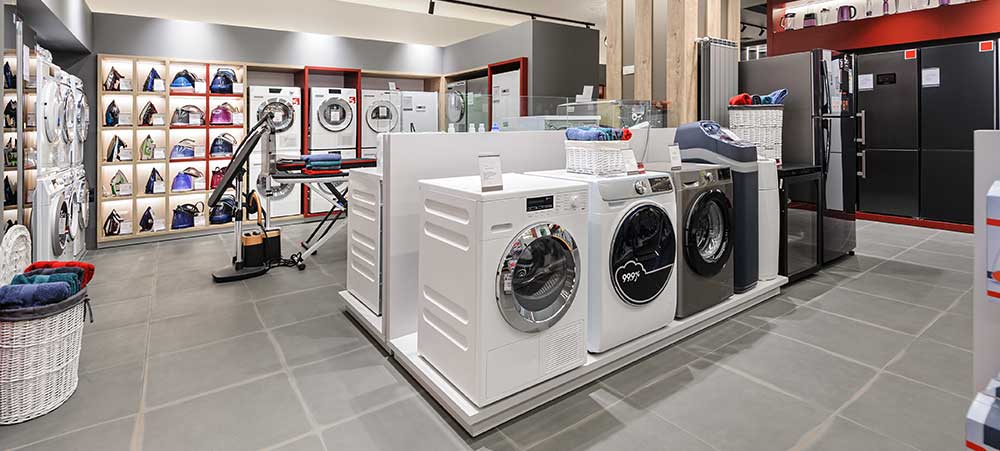
Due to the variety of different items available in a department store, their EAS strategy is likely to encompass both security tags and security labels.
Clothing in a department store would be protected by security tags, handbags and sports shoes would generally have tags with lanyards fitted, while high-value toys and electronics might be protected using keepers or alarmed spider wraps.
Fashion sunglasses would be protected by either labels or a purpose designed optical tag depending on its value.
Meanwhile, high volume, lower value products like perfumes, cosmetics, crockery, and books would be fitted with security labels.
Hardware
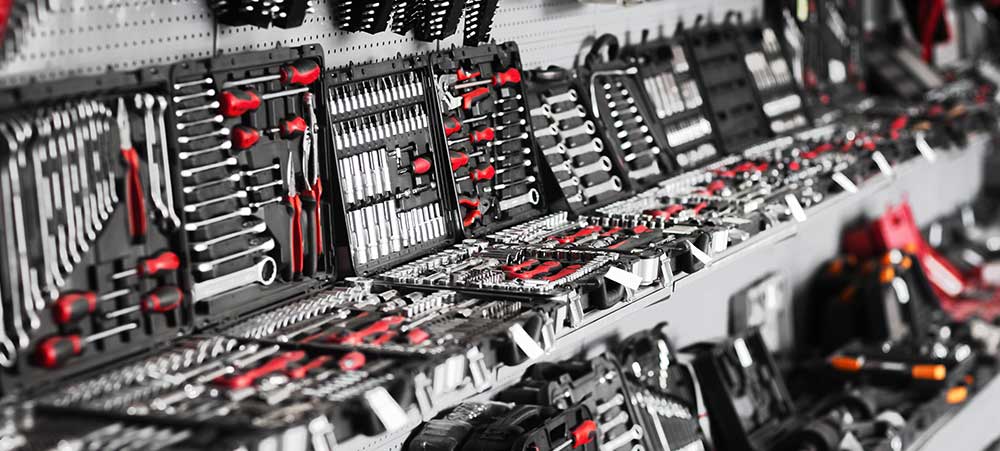
Like department stores, hardware retailers tend to use both a combination of tags and labels.
For example, high value items like boxed tools may use alarmed spider wraps, while keepers might be used for smaller high value products like drill bits.
High-volume products such as hose fittings, boxes of nails and screws would then have labels affixed.
Fashion retailers
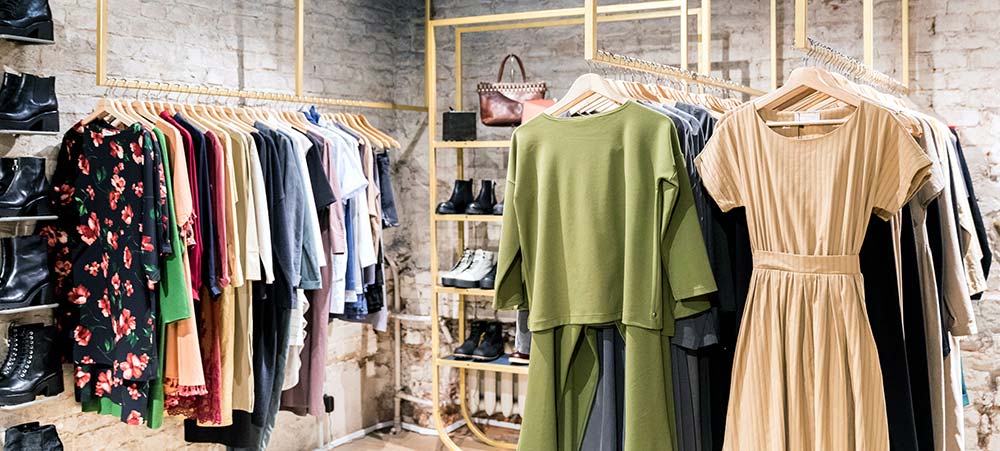
Fashion retailers predominantly use security tags, which are fitted to each item of clothing.
Smaller products like budget sunglasses would then have labels affixed, high value fashion sunglasses would employ optical tags, while handbags and sports shoes would be protected using a tag with lanyard.
Drug stores
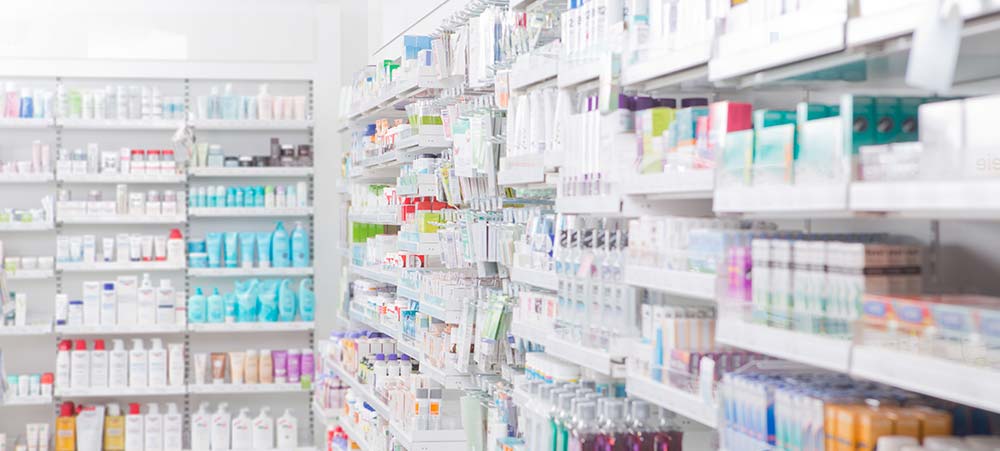
Drug stores tend to utilize labels of the AM variety. These labels have a slightly raised profile compared to their RF counterpart but are better suited to products with a high foil/metal content.
Bookstores
Bookstores tend to use RF labels, which offer a flat profile.
Electronics
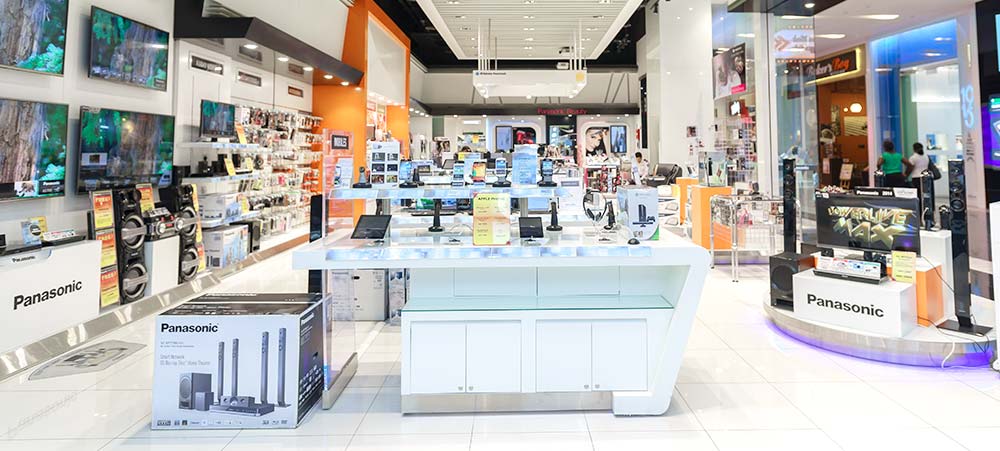
Electronics retailers usually employ a range of EAS strategies depending on the type of product, its size, sales volume and potential for theft.
For example, big brand high-value cell phones are often available for consumer interaction as part of a secure display, while the actual boxed product is protected in a locked cabinet.
Cheaper cell phones might be secured in a keeper or protected with a label inside the packaging.
Large electronic items generally can’t be stolen without attracting attention, so a label would be used, while electronic accessories are protected with AM labels and keepers.
Other boxed electronics might be protected using a spider wrap and alarmed tag.
Discount stores
Discount stores tend to use labels due to the value and high volume of the items sold, with RF the preferred type due to their flat profile and ease of application.
For more information on selecting the right security tag or label for your store, see here or contact us directly to discuss your tag and security label needs.


